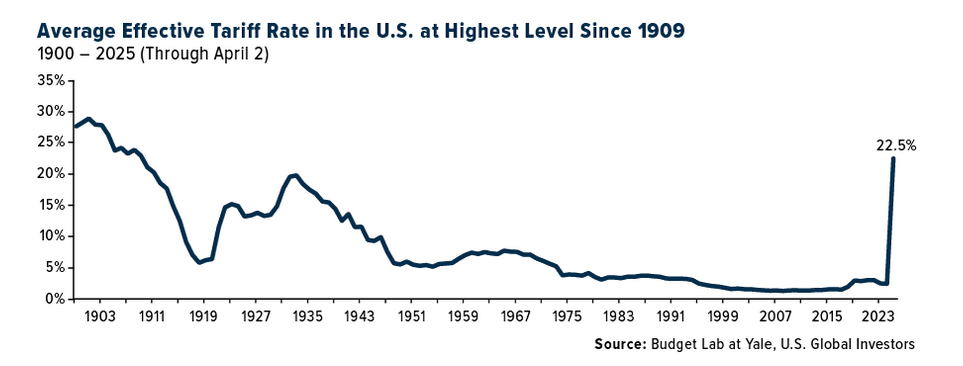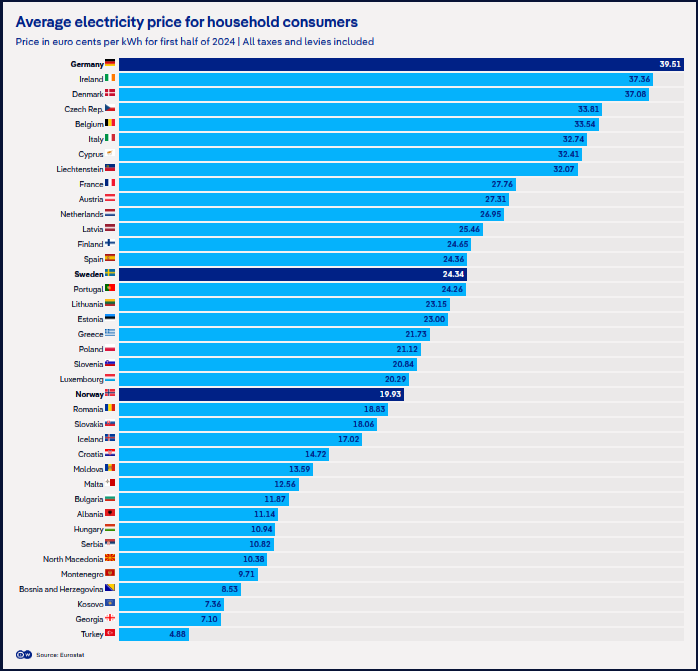“Competition is a sin” – John D. Rockefeller
The fundamental principle of capitalism is the belief in free markets and competition. In a free market economy, competition is encourage and market participants compete against one another for the benefit of all. In such an economy, the state ensures that no one company monopolies an industry or a group of companies form a cartel to set prices as they wish.
In the US, competition has become a dirty word in many industries as companies try to maintain monopoly or oligopoly power and drive out competition. In fact, the ever growing power of these dominant players in the economy has led to point where competition is virtually non-existent and American consumers suffer. While the US economy becomes more and more concentrated with a handful of firms in each industry, other countries have encouraged competition by embracing the ideals of free markets. According to an article in the journal today, France has a thriving free market in some industries hugely benefiting consumers and the economy.
Below is an excerpt from the piece:
Mr. Philippon reviews much of this evidence and concludes competition has indeed declined to the detriment of consumers. His novel contribution, though, is to contrast this with the experience of Europe. Indeed, he was inspired by a mundane question many European visitors ask: “Why on earth are U.S. cellphone plans so expensive?”
The answer is competition. In 2011, the French on average paid 17% more than Americans for telecommunication services in dollar terms. In 2014, they paid 27% less. What happened? In 2011 France granted a 4G cellphone license to French billionaire Xavier Niel ’s Free Mobile which then offered unlimited talk, text, and data, all for a fraction of what incumbents charged. Free Mobile soon captured 20% of the market and incumbents have cut prices to compete.
By contrast, the cellphone market in the U.S. is highly concentrated and about to get more so after the Justice Department said the third largest carrier, T-Mobile USA Inc., could merge with the fourth, Sprint Corp.
A similar dynamic has unfolded in airlines. Until 2007, Air France had a near monopoly on domestic flights. The next year French reformers allowed Britain’s low-cost EasyJet to enter the market. Low-cost airlines including Transavia, Hop and Vueling now supply a third of domestic flights and half of flights to other European Union countries. By contrast, a wave of mergers has left American skies dominated by four major carriers with foreign carriers barred from competing on domestic routes. U.S. airlines are now far more profitable than their European counterparts.
Americans may struggle to get their head around the idea of France as a champion of free markets. Indeed, Americans routinely get the EU backward. It’s caricatured as “an overreaching bureaucratic beast,” Mr. Philippon writes, a view that often reflects “ignorance or laziness.” What this caricature misses is that many interventions by Brussels, including those that infuriate Brexiteers, are designed to level the playing field across the region and increase competition.
Source: What France—Yes, France—Can Teach the U.S. About Free Markets, WSJ, Sept 4, 2019
The full article is worth a read.
In addition to Airlines, Telecom and mobile carriers below are some of the industries that are heavily concentrated:
- Railroads – For freight (Oligopoly)
- Railroads – For long-distance passenger rail (Monopoly)
- Hospitals
- Health insurance
- Media
- Cable TV
- Internet providers
- Entertainment
- Rating agencies
- Long distance bus services
- Courier services
In summary, many would agree that the in-famous robber barons of the 19th century has been replaced by oligopolies in the 21st century. So unless changes are made, eventually each industry may be represented by only one company leading to a situation which will look similar to communist economies…..



